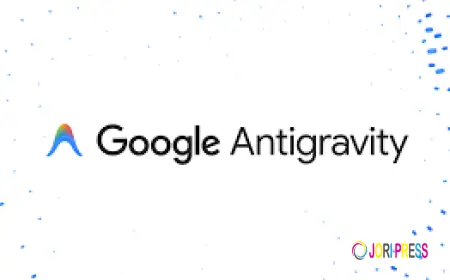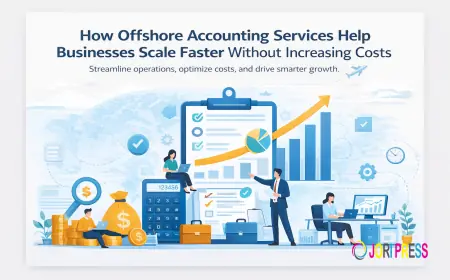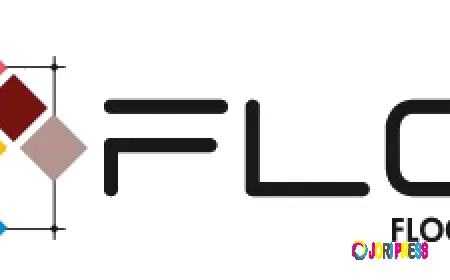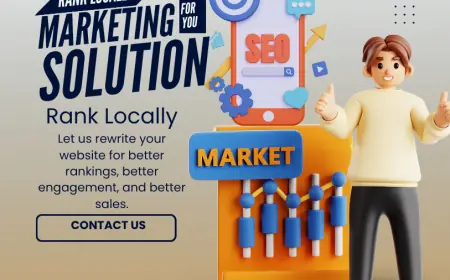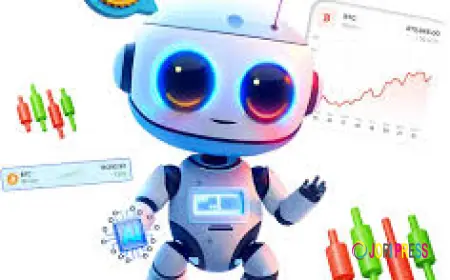How AI Product Marketing in 2025 Is Transforming Customer Engagement and Digital Growth

As we navigate through the evolving digital landscape in 2025, AI product marketing is not just an emerging trend—it's the new cornerstone of customer engagement and business growth. Traditional marketing methods, often reliant on guesswork and generic messaging, are being replaced by intelligent, real-time, data-driven approaches powered by artificial intelligence. AI is reshaping how brands connect with their audiences, personalize experiences, and scale marketing efforts with unprecedented efficiency.
In this blog, we explore how AI product marketing is transforming customer engagement and digital growth in 2025, and what this means for modern businesses striving to remain competitive and innovative.
1. Hyper-Personalization at Scale
One of the most revolutionary contributions of AI to product marketing is hyper-personalization. AI analyzes massive datasets in real-time to uncover individual user preferences, behavior, purchase history, and interaction patterns. In 2025, this allows brands to tailor messaging, content, and offers to each customer on a personal level—across channels.
-
AI-powered recommendation engines (like those used by Amazon or Netflix) suggest products with stunning accuracy.
-
Email campaigns are dynamically personalized for time, tone, and content.
-
Chatbots deliver context-aware responses based on prior interactions.
This level of personalization increases engagement, improves conversion rates, and enhances customer satisfaction.
2. Predictive Analytics and Customer Insights
AI tools are mastering the art of predictive analytics, enabling marketers to forecast customer behavior with impressive precision. In 2025, businesses are leveraging machine learning models to:
-
Predict churn and intervene before it happens.
-
Forecast purchasing behavior and optimize ad spend.
-
Identify upsell and cross-sell opportunities.
By turning data into actionable insights, AI allows marketers to make proactive decisions, deliver timely messages, and allocate resources more effectively—driving both engagement and digital growth.
3. Conversational Marketing with AI Chatbots
The rise of AI chatbots and virtual assistants has significantly changed how brands interact with their customers. In 2025, AI-powered conversational interfaces are:
-
Handling product inquiries instantly 24/7.
-
Guiding users through the buying journey with real-time recommendations.
-
Acting as intelligent brand ambassadors across platforms.
This improves the user experience by making it faster, more intuitive, and more human-like—while freeing up human agents for complex tasks. Conversational AI not only enhances customer engagement but also accelerates the sales funnel.
4. AI-Generated Content for Faster Campaign Execution
Content creation used to be a bottleneck. Not anymore. Generative AI models are now creating high-quality marketing content at scale, including:
-
Product descriptions
-
Email sequences
-
Blog posts
-
Social media copy
-
Personalized ad creatives
In 2025, marketers use AI tools to brainstorm, draft, and optimize content based on performance data, SEO trends, and audience preferences—cutting production time by up to 70% while boosting relevance and ROI.
5. Dynamic Ad Targeting and Media Buying
With AI, ad targeting is no longer static. Real-time data processing allows marketers to run dynamic, adaptive ad campaigns that optimize themselves based on user behavior and contextual factors such as:
-
Device type
-
Location
-
Purchase intent
-
Recent interactions
AI automates media buying through programmatic advertising, ensuring that ads reach the right people at the right time at the right cost. This smart targeting drastically improves ad performance and drives measurable digital growth.
6. Voice and Visual Search Optimization
As user behavior shifts towards voice and visual search, AI is helping brands stay discoverable. In 2025, AI product marketing integrates:
-
Voice search optimization using natural language processing (NLP)
-
Image recognition for visual product search
-
Multimodal experiences that combine voice, text, and images
This ensures that customers can find products in the way that feels most natural to them, improving engagement and sales.
7. Enhanced Customer Journey Mapping
AI maps out the customer journey more accurately than ever. It monitors every touchpoint—from the first ad impression to post-sale feedback—to identify friction points and opportunities for improvement. In 2025:
-
Journey orchestration tools powered by AI allow real-time personalization across channels.
-
AI helps marketers align content and messaging to where the customer is in the funnel.
-
Post-purchase AI follow-ups improve retention and loyalty.
These enhancements help companies deliver seamless, emotionally intelligent experiences that keep customers coming back.
8. Sentiment Analysis and Brand Monitoring
AI tools now excel at understanding sentiment, emotions, and tone in customer feedback, social media comments, and reviews. In 2025, marketers use AI to:
-
Track brand perception in real time.
-
Respond to negative sentiment before it escalates.
-
Tailor campaigns based on public mood and market trends.
By staying in tune with customer feelings, brands build trust and stay relevant in a noisy digital world.
9. Data Privacy and Ethical AI Marketing
With growing concerns around data privacy, AI product marketing in 2025 emphasizes ethical AI practices. Leading brands are:
-
Using privacy-first AI tools that respect consent and compliance (like GDPR).
-
Offering transparency about data usage and AI decisions.
-
Building trust through responsible AI models that avoid bias and manipulation.
Digital growth today must align with digital ethics—and AI helps companies strike that balance.
10. Continuous Optimization and Learning
AI-driven marketing is never static. Algorithms are constantly learning, testing, and optimizing campaigns for better performance. In 2025, AI enables always-on experimentation, helping brands:
-
A/B test ad creatives on autopilot.
-
Optimize conversion rates using behavioral triggers.
-
Learn from every click, scroll, or purchase.
This continuous improvement cycle is what makes AI product marketing such a powerful driver of long-term growth.
Conclusion
AI product marketing in 2025 isn’t just improving how companies market their products—it’s transforming the entire marketing function. From hyper-personalization and predictive analytics to dynamic content creation and sentiment analysis, AI is making marketing more intelligent, intuitive, and impactful.
Brands that embrace this transformation are not only improving customer engagement but also unlocking new levels of digital growth and competitiveness. The future is here—and it's powered by AI.
What's Your Reaction?
 Like
0
Like
0
 Dislike
0
Dislike
0
 Love
0
Love
0
 Funny
0
Funny
0
 Angry
0
Angry
0
 Sad
0
Sad
0
 Wow
0
Wow
0


